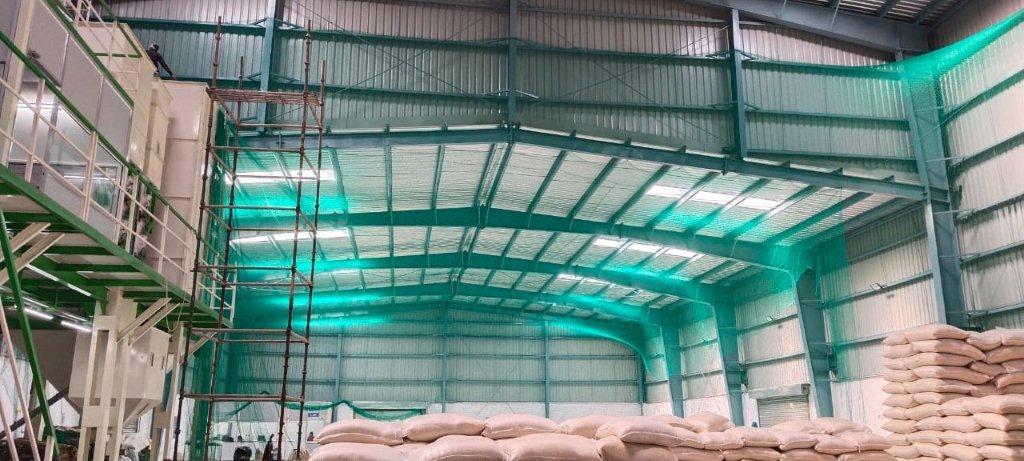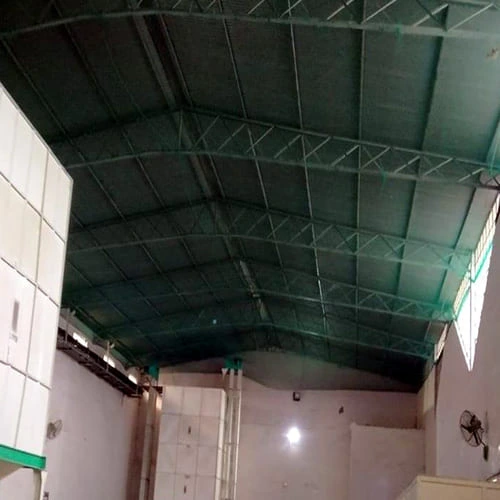In the bustling world of industry, there are numerous factors to consider when it comes to maintaining a safe and productive environment. While we often think of machinery, processes, and personnel, one aspect that can sometimes be overlooked is the presence of birds. However, these seemingly innocuous creatures can pose significant risks in industrial settings. This is where bird netting steps in as a crucial solution to mitigate these risks and ensure smooth operations.
Understanding the Importance of Bird Netting:
Birds, while beautiful and fascinating in their natural habitats, can become a nuisance and even a hazard in industrial places. Here’s why bird netting is indispensable in such environments:
- Safety Hazards: Birds can unwittingly create safety hazards in industrial settings. They may build nests in machinery, obstruct ventilation systems, or even cause short circuits by nesting near electrical equipment. Bird netting acts as a barrier, preventing birds from accessing these areas and reducing the risk of accidents and malfunctions.
- Health Concerns: Bird droppings can harbor harmful pathogens and bacteria, posing health risks to employees and contaminating products. In food processing facilities, for instance, bird droppings can lead to foodborne illnesses if not adequately controlled. Bird netting helps keep birds away from sensitive areas, minimizing the risk of contamination and promoting a safer working environment.
- Property Damage: Birds can cause significant damage to property and infrastructure in industrial settings. They may peck at building materials, clog drainage systems with their nests, or damage vehicles parked on-site. Bird netting serves as a cost-effective solution to protect buildings, equipment, and other assets from bird-related damage, thereby reducing maintenance costs and prolonging the lifespan of infrastructure.
- Regulatory Compliance: Many industries are subject to regulations and standards regarding pest control and hygiene. Failure to implement adequate measures to control bird populations can result in fines, legal liabilities, and damage to the company’s reputation. Bird netting demonstrates a commitment to compliance with regulatory requirements, ensuring that industrial facilities meet the necessary health and safety standards.
- Environmental Conservation: While mitigating the risks associated with birds in industrial settings is essential, it’s also crucial to consider the environmental impact of bird control measures. Bird netting provides a humane and eco-friendly solution by deterring birds without causing harm or disrupting ecosystems. This sustainable approach aligns with corporate social responsibility goals and contributes to environmental conservation efforts.
Conclusion:
In conclusion, bird netting plays a vital role in safeguarding industrial places against the myriad challenges posed by avian populations. By addressing safety hazards, health concerns, property damage, regulatory compliance, and environmental considerations, bird netting helps create a safer, cleaner, and more efficient working environment. As industries continue to evolve and expand, investing in bird netting solutions is not just a prudent choice but a necessary one to ensure the well-being of employees, protect valuable assets, and uphold operational excellence.




